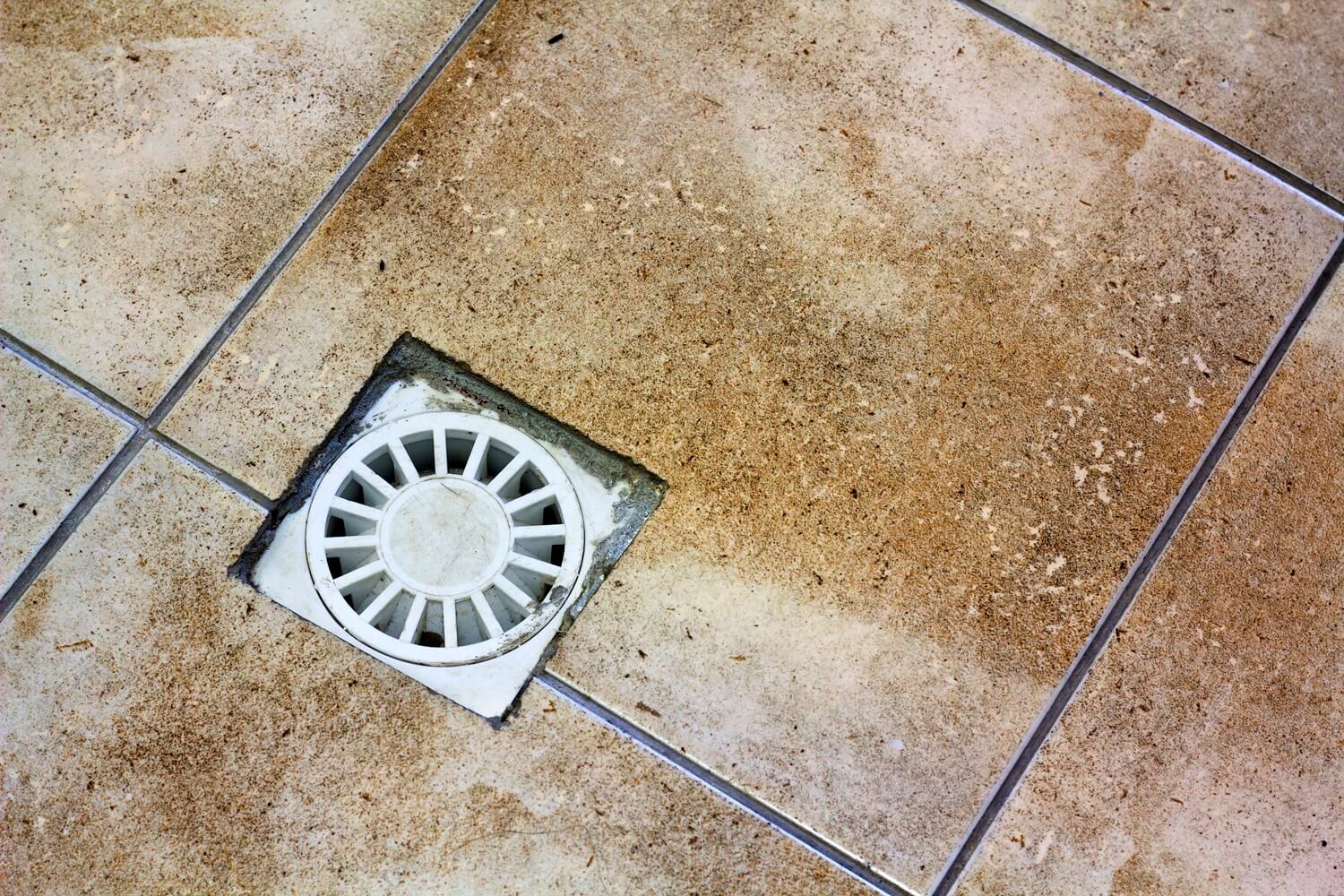Imagine coming home to find your house smells like sewage or rotten eggs—it’s a distressing scenario that often points to sewer gas leaks. These issues are common yet frequently overlooked in both residential and commercial buildings. They not only pose health risks but can also lead to serious structural problems if left unchecked.
This article dives into the risks associated with sewer gas leaks, how to detect them, and offers effective measures to address and prevent them. Understanding these aspects is crucial for ensuring a safe and healthy living environment.
What is Sewer Gas?
Sewer gas combines gases created by decomposing organic household or industrial waste. The primary components of sewer gas include methane, hydrogen sulfide, ammonia, carbon dioxide, and nitrogen. Methane and hydrogen sulfide are the most concerning due to their toxic and flammable properties.
The Dangers of Sewer Gas Leaks
Health Risks
Exposure to sewer gas can lead to various health issues, ranging from mild to severe. Common symptoms of sewer gas exposure include:
- Headaches
- Dizziness
- Nausea and vomiting
- Fatigue
- Eye and throat irritation
- Difficulty breathing
In high concentrations, hydrogen sulfide can cause loss of consciousness and even death. Methane, although not toxic, displaces oxygen, which can lead to suffocation in poorly ventilated areas.
Structural and Safety Hazards
Beyond health risks, sewer gas leaks can pose significant safety hazards. Methane is highly flammable, and a buildup of this gas can lead to explosions if ignited. Additionally, the corrosive nature of some components in sewer gas can deteriorate building materials, leading to structural damage over time.
How to Find a Sewer Gas Leak
Detecting a sewer gas leak is critical to preventing health issues and property damage. Here are some practical methods for sewer gas leak detection and how to get rid of sewer smell in your house:
1. Olfactory Indicators
One of the most apparent sewer gas leak symptoms is a persistent foul odor, often described as a rotten egg smell due to hydrogen sulfide. If you notice this sewer smell in your home or building, it’s essential to investigate further.
2. Physical Symptoms
If occupants are experiencing unexplained symptoms such as headaches, dizziness, or nausea, it could be due to sewer gas exposure. These sewer gas leak symptoms often subside when the individual leaves the area, indicating a possible leak.
3. Professional Gas Detectors
Specialized gas detectors can identify the presence of sewer gases like hydrogen sulfide and methane. These devices can be installed permanently or used as handheld tools to monitor gas levels in different building areas.
4. Smoke Testing
Plumbers often use smoke testing to find sewer gas leaks. This method involves blowing smoke into the sewer system and observing where it escapes. It helps identify cracks, leaks, and improperly installed pipes.
5. Dye Testing
Dye testing involves flushing a dye down toilets or drains and checking for any dye traces in areas where sewer gas may be leaking. This method can help locate leaks in the plumbing system.
How to Deal with a Sewer Gas Leak
1. Identify the Source
The first step in dealing with a sewer gas leak is identifying its source. It could be due to cracked pipes, faulty seals, or blocked vents. Expert plumbers possess the necessary equipment and knowledge to locate the exact leakage point.
2. Seal Leaks and Cracks
Once the source is identified, all leaks and cracks should be sealed. It may involve replacing damaged pipes, resealing joints, or repairing vent systems. Ensuring that all plumbing fixtures are correctly installed and maintained is crucial.
3. Ventilation
Improving ventilation in areas where sewer gas is present can help disperse the gas and reduce its concentration. Installing additional vents or using fans to increase airflow can be effective short-term solutions.
4. Regular Maintenance
Regular plumbing system maintenance is essential to prevent future sewer gas leaks. It includes routine inspections, cleaning of drains and vents, and ensuring that all traps are filled with water to block gas from entering the building.
5. Professional Inspection
Working with a licensed HVAC or plumbing contractor is wise for persistent or severe sewer gas issues. They can thoroughly inspect the area and provide long-term solutions to prevent future leaks.
Sewer gas leaks are a serious concern that requires immediate attention to safeguard health and property. You can guarantee a secure and wholesome atmosphere by understanding the dangers, detecting a sewer gas leak, and taking appropriate measures to deal with it.
DYZ Plumbing offers comprehensive sewer gas leak detection and repair services, utilizing advanced techniques like smoke and dye testing to ensure safe, efficient, and long-lasting solutions for residential and commercial properties.
Eliminate sewer odor in your house with expert gas leak detection and repair services. Detect and prevent sewer gas leaks early to safeguard health and property. Seal leaks, improve ventilation, and maintain plumbing regularly. Contact DYZ Plumbing at (832) 877-9600 for effective solutions using advanced techniques like smoke and dye testing.



